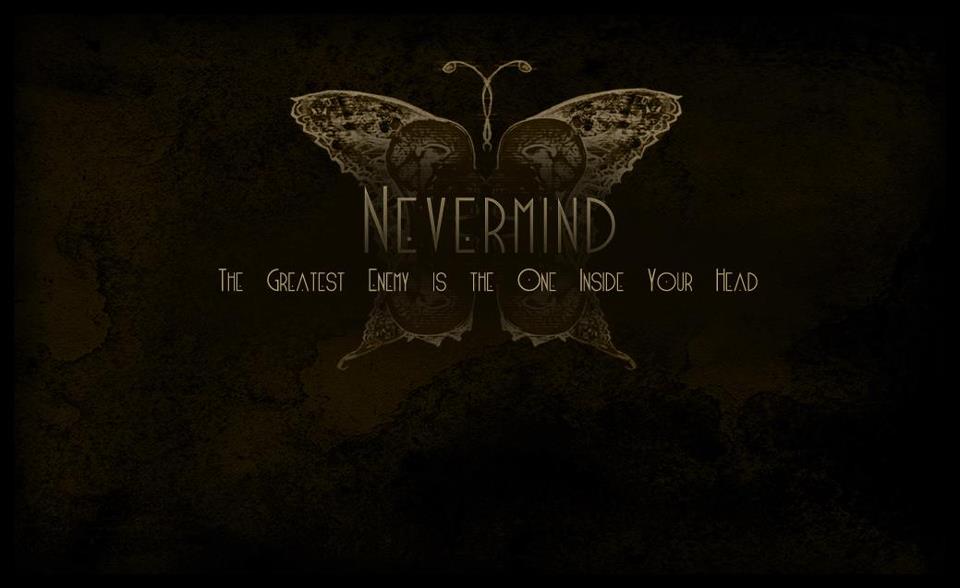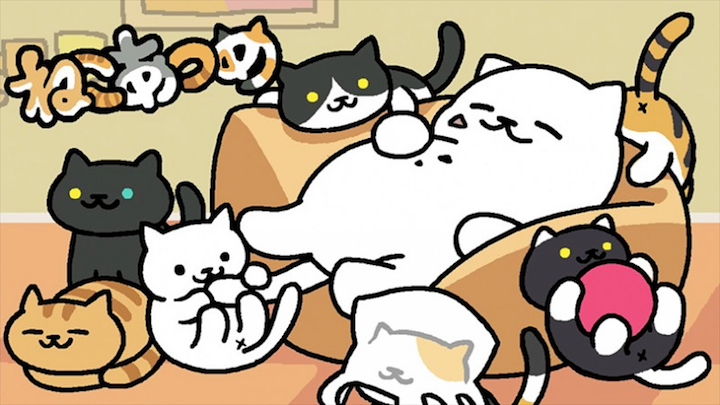As if we needed more reasons to do the research we’re doing. In last few weeks Bioware writer Jennifer Hepler as been at the center of a major shitstorm. For those living under a rock, here is what’s been happening: An interview with Hepler from more than 5 years ago (October 11, 2006) surfaced a couple weeks ago. In this interview, which was heavily edited by the time it hit the 4-chans of the world, she talks about how she enjoys the story of the game, rather than the combat and that she finds it difficult to find the massive amount of time required to play all the games she needs to in order to be part of the community. Hepler also suggested that being able to fast forward through some of the combat might help the gaming industry to draw in more new and female gamers. Pretty innocuous comments, it seems to me, but the negative responses were loud and swift.
Soon, Hepler had to shut down her recently opened Twitter account because of the number of threats and offensive comments she was receiving. The attacks correspond to the revelation that Mass Effect 3 will have a story mode in which combat screens can be skipped over (exactly like what devs have done with narrative scenes for a long time). Why does this offend so many people? I have no idea. It won’t change the gaming experience for those who love combat any more than being able to skip the story changed the experience for narrative lovers. The whole situation seems to echo the ludology v. narratology debates of the late 1990s, though the sexism in that debate was respectfully implicit.
For those keeping score, Hepler is now entering the dark realm of violent sexism in online gaming/programming/tech communities occupied by women like Kathy Sierra and Noirin Shirley, both of whom were attacked by the communities at large for being female and/or for being sexually assaulted and speaking out about it (respectively). Ultimately, Sierra had to go underground and completely erase her online presence–leaving behind an impressive collection of programming firsts and tech contributions in general. But hey, when you start to get drawings of someone stabbing you to death and hanging your bloody body from a tree in your front yard, programming starts to seem less important.
Hepler is being called disgusting things, and the violent sentiment seems to be rising. One Twitter user called her a “cancer,” to which Aaryn Flynn, Studio GM of Bioware in Edmonton, responded by calling the poster a “fucking moron.” Hepler shot back at the trolls, saying “I just figure they’re jealous that I get to have both a vagina AND a games industry job, and they can’t get either.” Snap. (The aforementioned Twitter user is now starting a “crusade” against Bioware for hurting his feelings and feeling disrespected as a customer.) Well done GM Aaron Flynn. (N.B. Two days ago Bioware threw their full support behind Hepler and even made a donation to anti-bullying charity Bullying Canada in her name)
This episode is indicative of a much larger problem with the game industry/community. From the avatars, to the designers, to the writers, to the machinima, to the forums, to official industry documents, to the culture at large women are treated as outsiders. While industry heads may not participate in the blatant and violent sexism many of us face, many people are complicit in the mistreatment of women. This is not the act of trolls. This is not something that should be brushed off. The problem isn’t that these women don’t have thick enough skins. Being part of an industry should not mean that you are signing up to be abused and attacked. Of course the blame doesn’t just belong to one party or another, but it is disturbing just how many companies enable this kind of treatment.
As I have talked about before, 3 in 10 women get sexually assaulted at open source conferences. I haven’t found a specific number for how many women get assaulted at game-specific conferences, but anecdotally I can say that the number is certainly not better.
We are called bitches, fat, whores, sluts, ugly; we are threatened with rape, beatings, and death; we are regularly hit on; we are told to get back in the kitchen, to cook some dinner, to shut our fucking mouths; and when we stand up for ourselves, we are blacklisted. Those in the industry continue to make games with all male protagonists, reinforcing the idea that gaming is for men; or they make female avatars with such enormous breasts and so little clothing that they become fan-fic porn stars; they hire men for the technical jobs, and leave women to women’s work. While game companies may not be casting stones, they are the ones bringing dumptrucks full of rocks and dumping them in front of an angry mob.
One message rings out loud and clear: we don’t belong here. That is what I hear when I see what’s happening to Jennifer Hepler. There will always be trolls and douchebags and assholes. Respect and inclusion has to start with the companies–they need to refuse to be a part of this violence and abuse any longer.
You can also check out the coverage of this story at Kotaku and Destructoid





One thought on “Vagina Envy: Misogyny and the Gaming Community”
Part of this is just the way women are treated online – like the internet is a boy’s club and no girls are allowed.
(There was a bit of a blow-up in the UK a few months ago along similar when various female bloggers decided that they’d actually tell people the sort of vile things that got said to them, and even as someone who knows a lot of female writers (and lives with one), it was pretty eye-opening just how widespread this sort of attitude is)
It should just be a tragic example of how nerdy some grown men still are – but actually it’s downright sinister.
The gaming community has got by for far too long with the excuse that its members are nerds, that this sort of dysfunctional behaviour is to be expected and tolerated. We can explain these attitudes as part of the geek stereotype – fear of girls, fear of change, fear of being excluded if things become more mainstream… but it’s none of that. It’s just bigotry, plain and simple.
Gaming is incredibly misogynistic (and racist, but that’s another issue). It’s a white boy’s club, and that’s evident in the games that are being made.
So when a developer actually makes an effort to appeal to just people rather than boys, and they (or – of course – the female developers involved) get attacked for it… it’s sickening.
We as gamers, and as an industry, shouldn’t be standing for this.